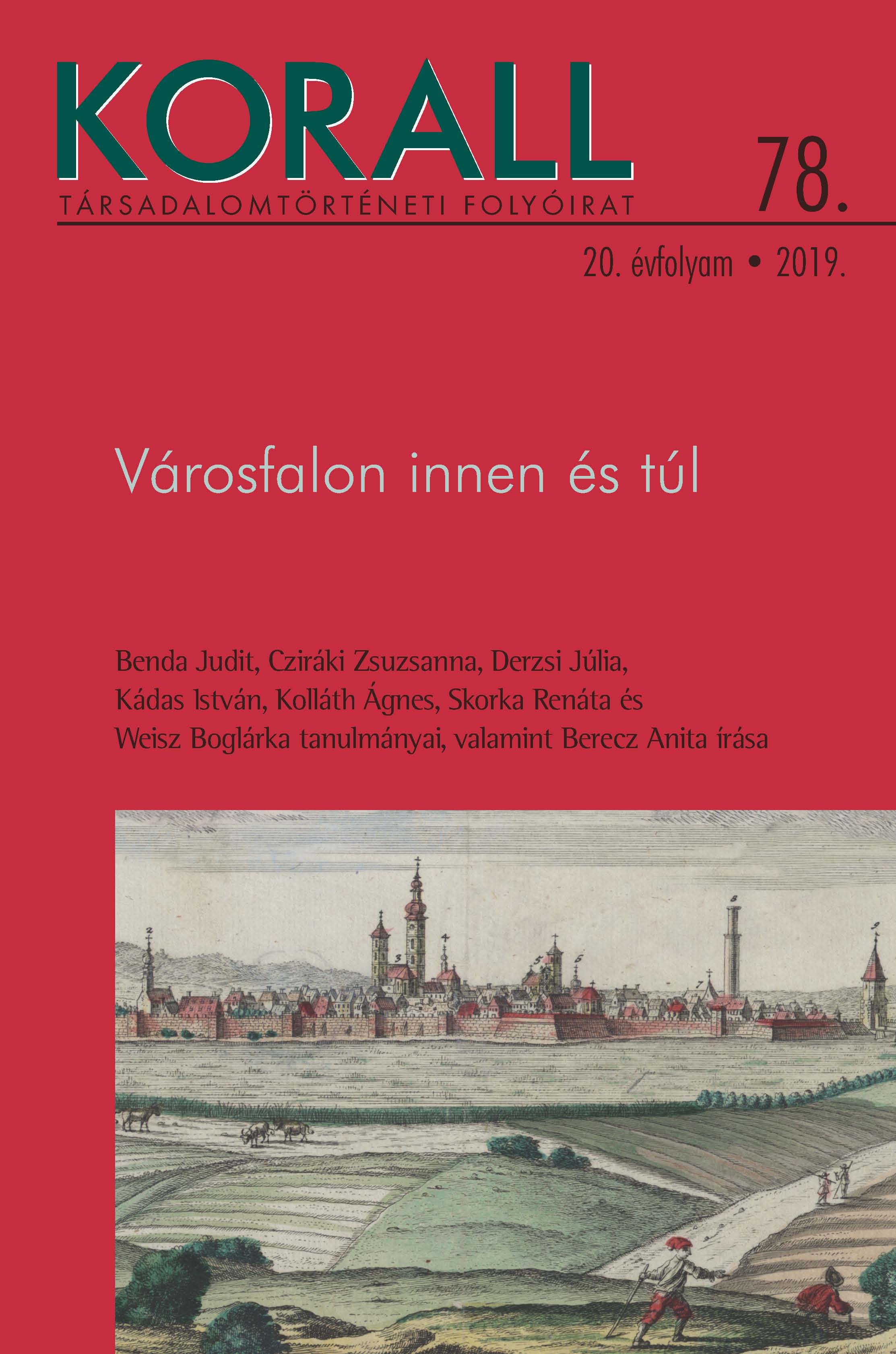A város a vidék szemében. Brassó és környezete a 17. század első évtizedeiben
The Town through the Eyes of the Countryside: Brassó (Kronstadt/Brașov) and Its Environs at the Beginning of the Seventeenth Century
Author(s): Zsuzsanna CzirákiSubject(s): Local History / Microhistory, Social history, 17th Century
Published by: KORALL Társadalomtörténeti Egyesület
Keywords: history;hungary;urbanization;
Summary/Abstract: The study focuses on a distinctive administrative unit of the Transylvanian Saxon Universitas: the district of Barcaság (Burzenland/Revier Barcza). Relying on contemporary sources, primarily local chronicles and municipal account books, the paper examines the image of early-seventeenth-century Brassó (Kronstadt/Brașov), one of the most important towns in early modern Transylvania, from the perspective of Barcaság, a district directly under its jurisdiction. This turbulent period held both destruction and prosperity for Transylvanians, so these couple of decades are especially suitable to demonstrate the relationship of Barcaság and its center, Brassó, in a wide range of issues. Based on the evidence found in surviving sources, three major themes emerge. First, the issue of defense dominating the war years: in case of military threat, the fortified town was an important place of refuge but was not suitable for the protection of the entire population of the area. Both the suburbs of Brassó, and the settlements in Barcaság were vulnerable when they faced Ottoman, Mongol or Hungarian haiduk armies. Although the town made efforts to protect them, these areas were largely expendable in the defense strategy of the Brassó magistrates. Secondly, the study examines supply and trade. Brassó was a commercial hub, but its advantage was achieved by repressing similar ambitions of other communities in Barcaság. At the same time, it was the most important trading place and served as a steady market outlet not only for the Saxon market towns and villages of Barcaság, but also for neighboring regions such as the Szeklerland and Wallachia. Finally, Brassó played an important role in the cultural life of the countryside; specifically, it acquired a significant sway over Barcaság through the control of faith and education. These aspects together clearly demonstrate that Brassó’s monopoly over Barcaság, originally developed in the Middle Ages, remained unchallenged in the early modern era too, and the long-standing symbiosis resulted in an exceptionally complex relationship which held both advantages and disadvantages for the people of Barcaság.
Journal: Korall - Társadalomtörténeti folyóirat
- Issue Year: 2019
- Issue No: 78
- Page Range: 93-113
- Page Count: 21
- Language: Hungarian

